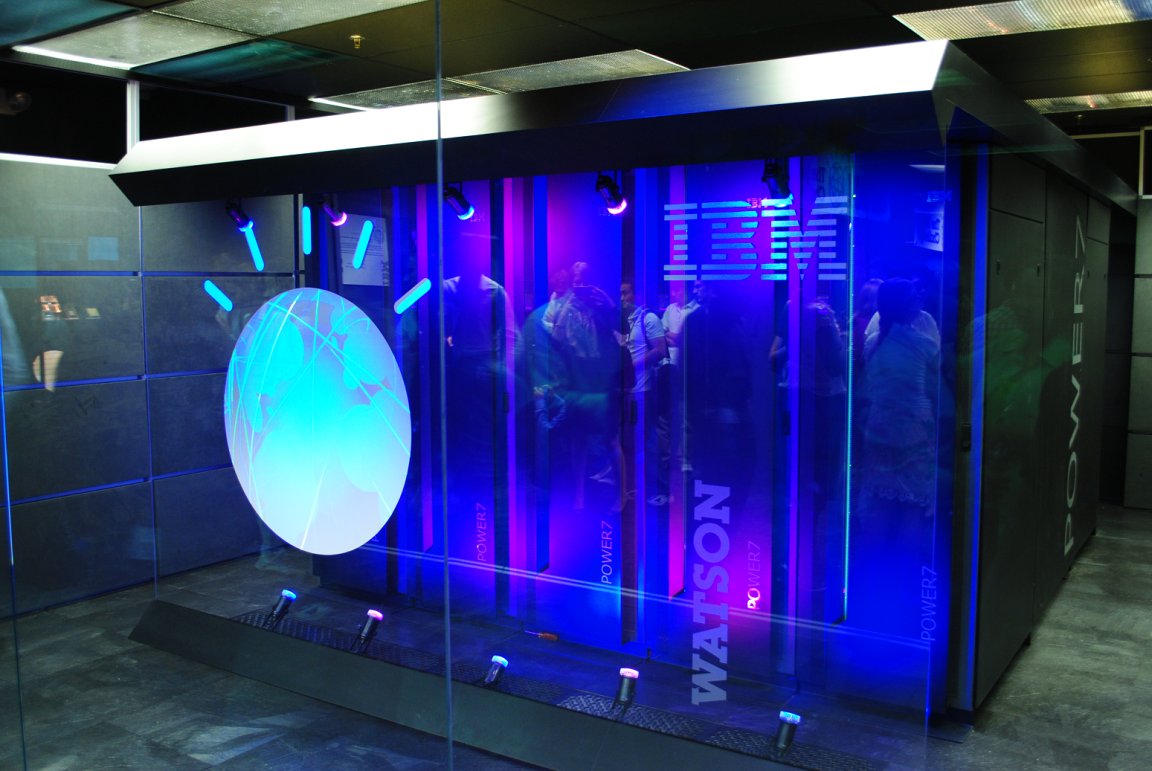
Collaborations Between Computers and People
One group of researchers is pushing the bounds of artificial intelligence (AI) through a new kind of communication. Specifically, they are working on a computer that can do research and instantaneously answer your questions.
Watson is a question answering computer system developed by the DeepQA of IBM. It is capable of answering questions asked in natural language. As described in IBM’s website, “IBM Watson is a cognitive system that enables a new partnership between people and computers that enhances and scales human expertise,” and researchers from the Georgia Institute of Technology are exploring just that.
They are studying how computers could help humans creatively solve problems. When people do searches on Google, the system gives them a variety of links that may contain the answers. The problem is, they also get a lot of links that contain the wrong answers. What the Georgia Tech researchers want is a system that directly answers the questions based on reliable information, and that’s what they tried with Watson.
Working with IBM Watson
The researchers fed Watson several hundred biology articles from Biologue (an interactive biology repository), and then proceeded to ask questions to Watson about the research it had learned, such as, “How can manufacturers develop better solar cells for long-term space travel?” to which Watson responded by discussing the need to replicate the way that plants in harsh climates use high-temperature fibrous insulation material to regulate temperature.
As Georgia Tech notes in their press release, this ability could greatly help individuals who are looking for information that is beyond the bounds of their experience: “Watson effectively acted as an intelligent sounding board to steer students through what would otherwise be a daunting task of parsing a wide volume of research that may fall outside their expertise.”
Watson chose answers from Biologue in a fraction of a second. Such an approach using Watson could assist professionals in various fields by allowing them to ask questions and receive answers quickly, instead of doing daunting and time-consuming research. “GT-Watson Plus” was coined to name the technique. It also prompts users with alternate ways to ask questions for better results. To continue working with Watson, the researchers plan to investigate other areas with the AI such as online learning and healthcare.